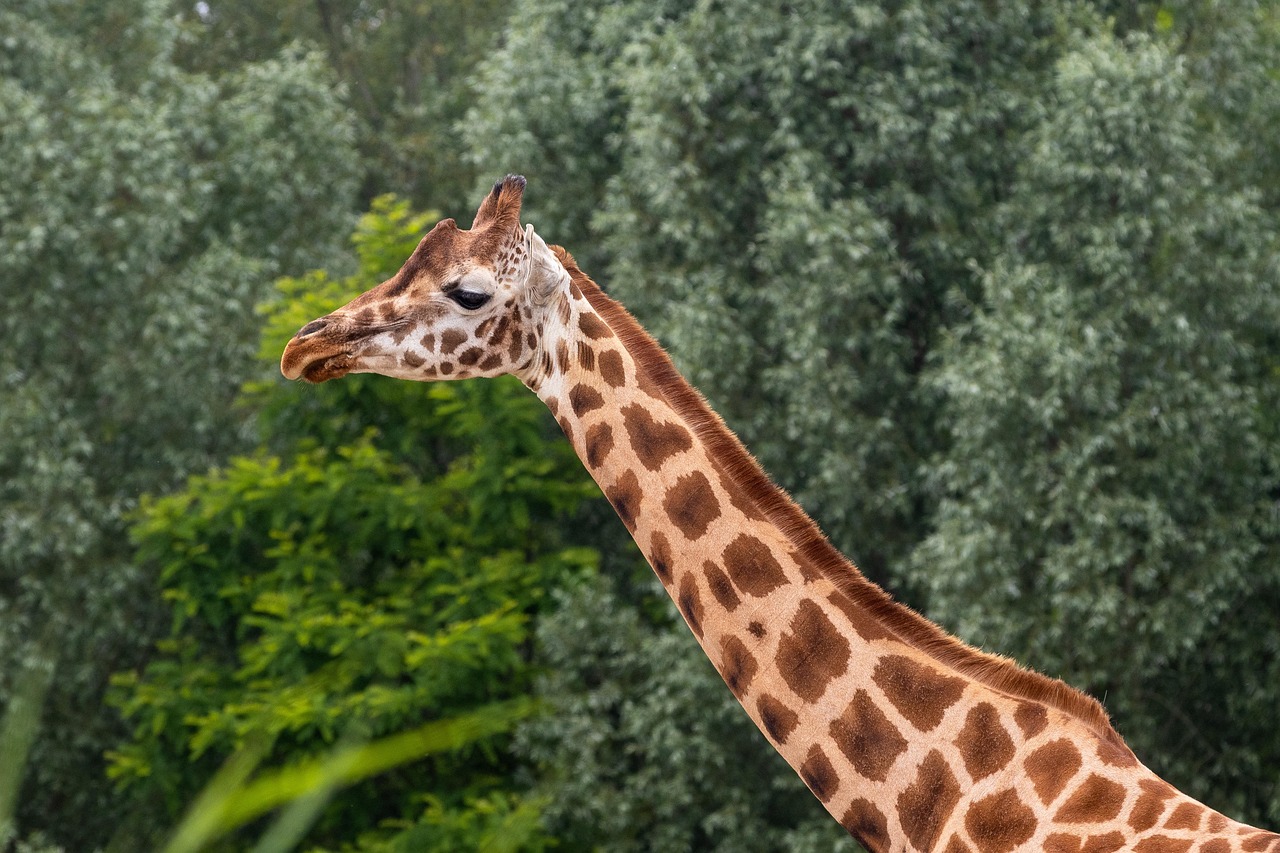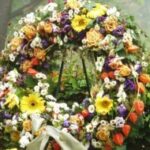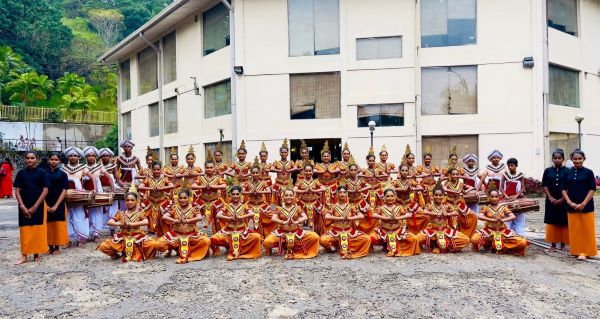Dehiwala Zoo – The National Zoological Gardens of Sri Lanka-by Kalani-eLanka

The Dehiwala Zoo, officially known as the National Zoological Gardens of Sri Lanka, is one of the oldest and most famous zoological gardens in Asia. Located in Dehiwala, a suburb of Colombo, this iconic zoo has been a center for wildlife conservation, education, and entertainment for nearly a century.
History and Background
The origins of the zoo date back to the late 1920s, when it was first established by a German animal trader named John Hagenbeck as a private collection center for exporting animals. In 1936, the Government of Sri Lanka (then Ceylon) took over the facility, officially turning it into a public zoological garden. The first director, Major Aubrey Weinman, played a major role in transforming it into a scientific and educational institution.
Animal Life and Exhibits
Today, Dehiwala Zoo is home to around 2,500 animals from over 250 species, including mammals, birds, reptiles, amphibians, and fish. The zoo is known for its well-maintained enclosures and lush, green surroundings that offer a relaxing and educational experience for visitors.
Major Attractions:
-
Elephants – Visitors can see both Sri Lankan and African elephants. A popular attraction is the elephant feeding sessions and educational talks.
-
Big Cats – Lions, tigers, and leopards (including the Sri Lankan leopard) are highlights of the zoo.
-
Aquarium – One of the finest in South Asia, with a wide variety of freshwater and marine species.
-
Bird Park – Colorful flamingos, parrots, pelicans, and eagles can be seen in spacious aviaries.
-
Reptile House – Home to snakes, crocodiles, turtles, and other reptiles.
Education and Conservation
The zoo plays an important role in wildlife conservation and public education. It conducts breeding programs for endangered species and collaborates with international zoos for animal exchange and research. The Young Zoologists’ Association, based at the zoo, helps educate children and students about wildlife and conservation.
Challenges and Modernization
Like many institutions in Sri Lanka, the zoo has faced challenges, especially due to the country’s recent economic crisis. Rising costs of animal feed and medicine have put pressure on zoo operations. However, efforts are being made to modernize the zoo, introduce sustainable practices, and continue animal welfare programs.
Visitor Information
-
Opening Hours: 8:30 AM to 6:00 PM (last entry at 5:30 PM)
-
Location: Anagarika Dharmapala Mawatha, Dehiwala
-
Facilities: Rest areas, food stalls, children’s play area, and guided tours
Tips: Visit during the morning or late afternoon to avoid the heat. Weekends may feature special animal shows.
Cultural Importance
For generations, Dehiwala Zoo has been a favorite outing spot for families, school trips, and tourists. It is more than just a zoo – it is a symbol of Sri Lanka’s commitment to biodiversity, conservation, and education.




















